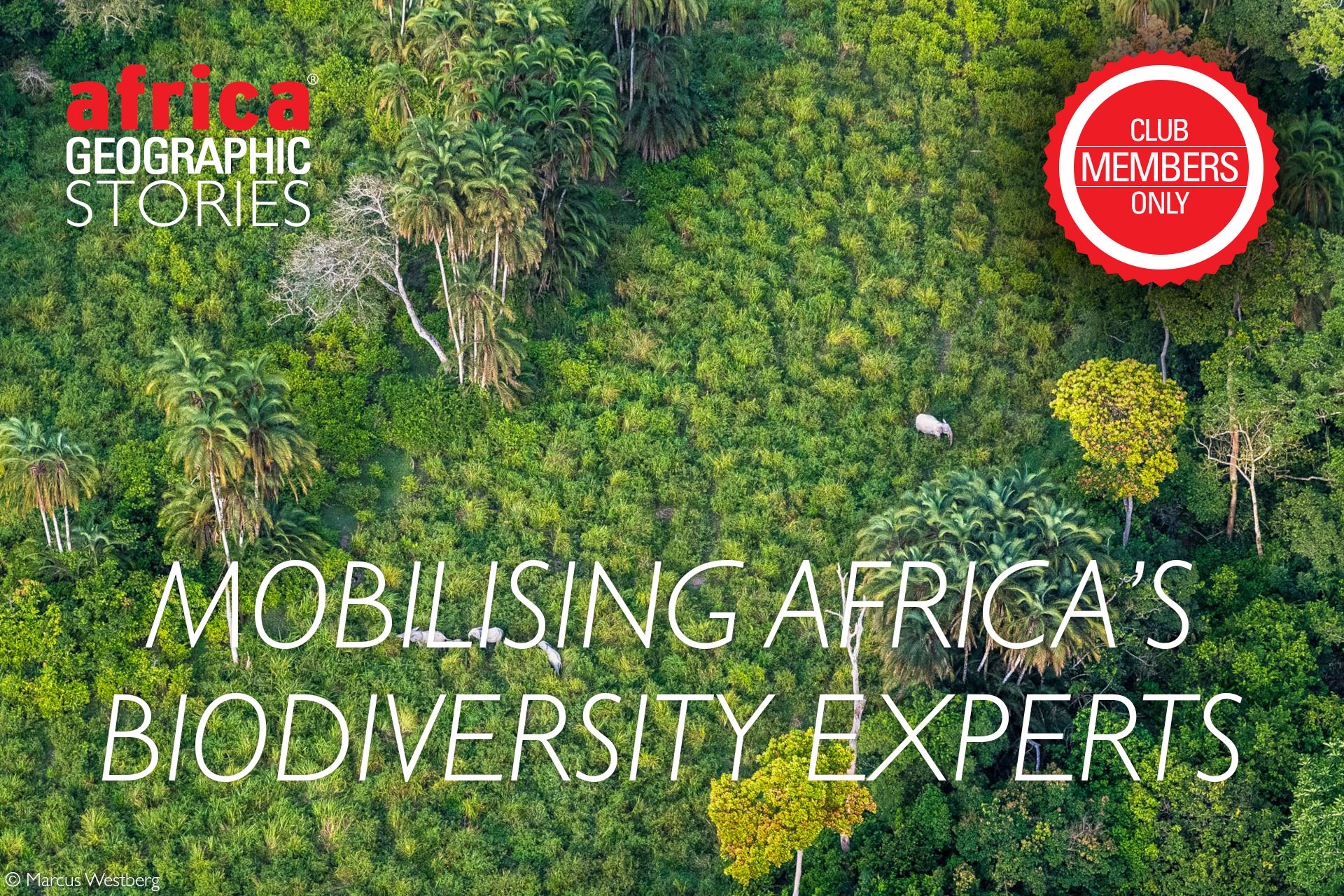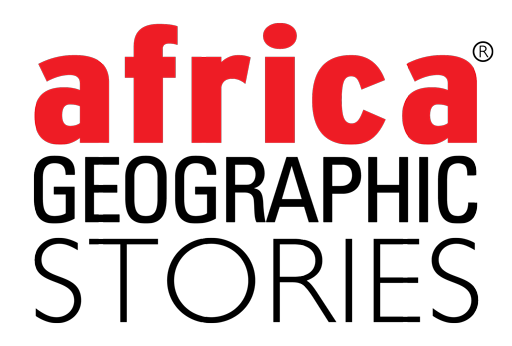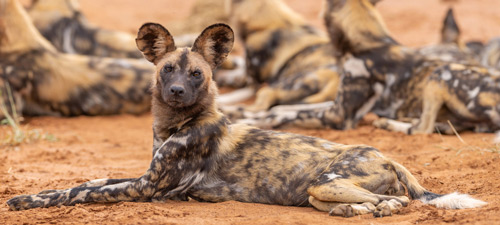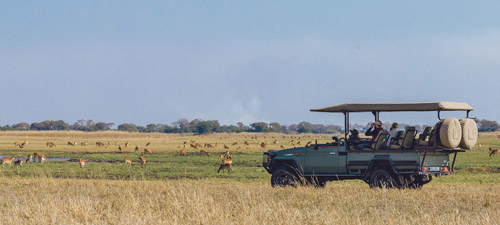
Mobilising Africa’s biodiversity experts

How much biodiversity can we lose before it starts impacting our quality of life? We all depend on well-functioning ecosystems, whether we are aware of this or not. Yet measuring how much biodiversity we are losing across the African continent, and what that means for our well-being, is a difficult task. To address this challenge, we are mobilising hundreds of African biodiversity experts to produce a continental map of ‘biodiversity intactness’ that is credible and useful to African decision-makers.
Biodiversity and human well-being
Biodiversity is fundamental to human well-being. A recent assessment of the Intergovernmental Science Policy Panel on Biodiversity and Ecosystem Services (IPBES) found that biodiversity and its contributions to people in Africa are ‘essential to providing for the continent’s food, water, energy, health and secure livelihoods’. The report highlights biodiversity as ‘a strategic asset for sustainable development and achievement of the 2030 Sustainable Development Goals’.
Login or get our app to read more (it's free!)
To comment on this story: Login (or sign up) to our app here - it's a troll-free safe place 🙂.![]()






